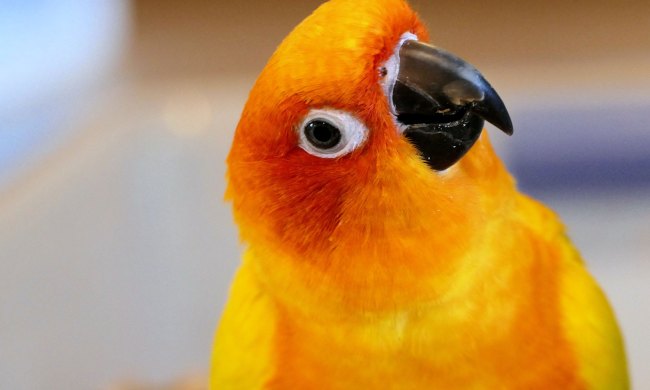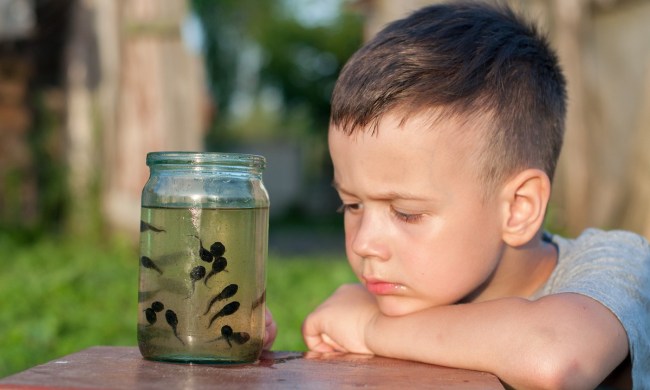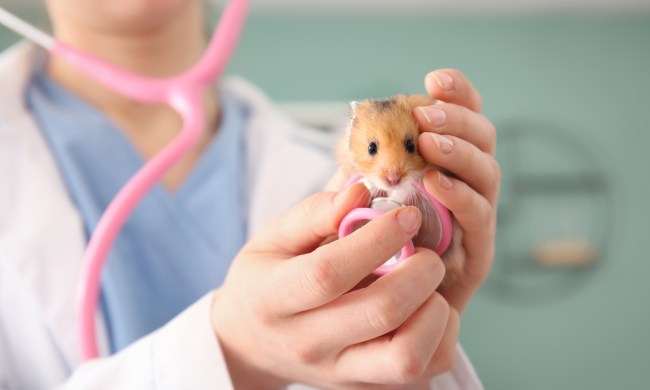Guinea pigs are a lot of good things: cute, social, funny, and photogenic. But they are not quiet! When you bring home this pet, you’re essentially signing up to learn a whole new language. While it might take a bit, eventually you’ll learn the ins and outs of pigese – purrs, chirps, and squeaks. Each one means something unique, and it’s important to know how to differentiate between their sounds. These little guys are fragile, and an unexpected note could cue you into deeper issues. So, why do guinea pigs squeak? We’ll walk you through the various reasons.
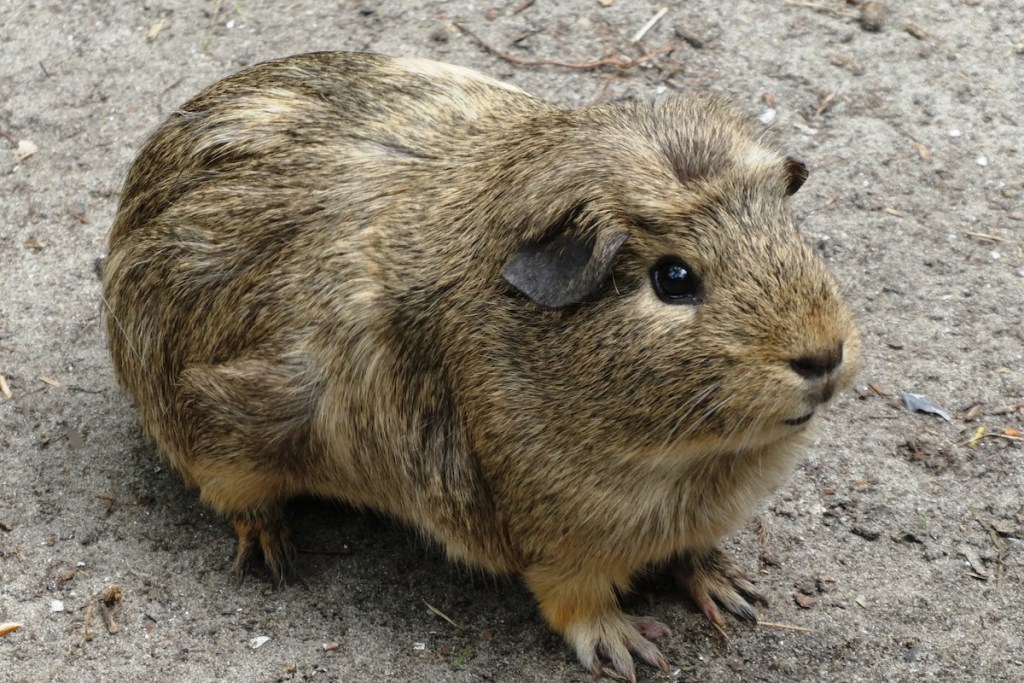
Why do guinea pigs make noise?
As very social animals, guinea pigs have a whole arsenal of “words” available to communicate with their fellow rodents and with you. After spending some time with your new fuzzball, you should be able to pick up on the most obvious signals, but remember that every piggy speaks with a slightly different accent. Spend the time discovering how yours likes to express itself so you have a good idea of what each sound indicates.
What does the squeak mean?
Squeaking can signify a few different needs, depending on the type of sound and the context in which you hear it. Try to look at the situation and discern exactly which message they want you to hear. Guineas have at least ten noises, and each will represent a somewhat different meaning depending on pitch, duration, and volume. See if you can learn to tell these three distinct noises apart in your pet.
Wheeking
There are not a lot of good ways to describe this particular squeak, but you will definitely learn to recognize it. You should know the one thing that will bring out their most excited expression: food. They’ll start talking the second they hear you reach for the snack bag. And if you ever do forget to give them dinner, don’t worry. Their loud utterance will remind you to get their daily ration quickly. Keep in mind, this one should not sound frantic or agonized. Those sounds tell you something far more concerning.
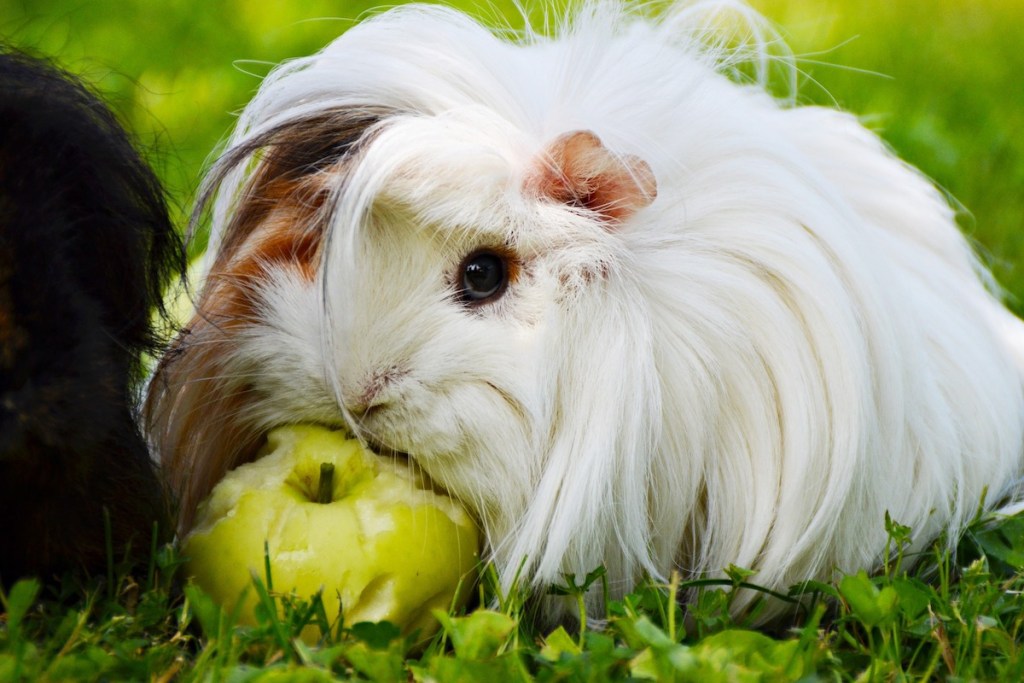
Squealing
Think of the squeal as one step above the wheek. It’s not a terrified or desperate cry, but it could show something a bit more serious. Check out your small pet for signs of distress, especially any pain or injury. However, know that this could just be a plea for attention. As strange as that sounds, their jealous roar might seem much more dire than it really is. It’ll take time, but you should begin to differentiate between the excited and the terrified.
Screaming
We can’t promise you will immediately understand the wheek and squeal, but a guinea pig scream can’t be missed. Watch out for a long and desperate note. Rush to their side to discover the cause: Are they fighting? Hurting? Scared? Try to imagine the scene through their eyes so you can start to picture their world and the things that might startle them, even if they don’t freak you out. Seriously, a soul-crushing wail could wind up being a reaction to the family dog, a petrifying enemy of your tiny creature.
What else should you look for?
Studying their sounds will enable you to discern their mood much of the time, but it won’t necessarily always be clear. In addition to environmental factors, also look to their body language, and that of their cage mates. You can use those clues to help you get a sense of where they’re coming from. Specifically, note any signs of injury or aggression between the inhabitants plus teeth-baring or head tossing. A squeal on its own doesn’t necessarily indicate an emergency, but that combined with erratic behavior should say “get me to a vet.”
Because guinea pigs are prey animals, they hide any weaknesses that might lead to danger in the wild. Unfortunately, this also makes it hard to suss out what’s going on and when an intervention may be necessary. Always start by examining the situation for a simple explanation, but if you can’t find anything you should reach out to an expert. Research, too, their common ailments (like scurvy) so you are better able to recognize the obvious symptoms and head off any problems at the pass. And trust your gut. Everyone gets to know their own animal and learns their individual personality, which includes particular noises unique to them.

